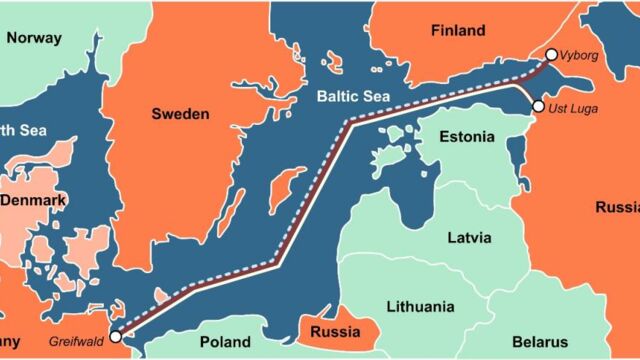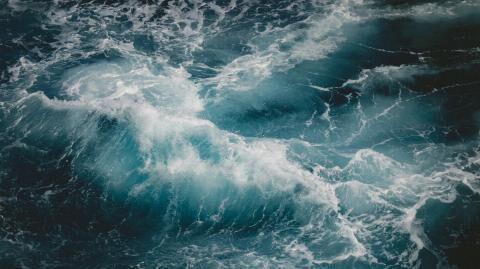Major news outlets reported on Tuesday (Sep. 27) about three major leaks of the Nord Stream pipelines in the Baltic Sea. Al Jazeerareported that the leaks instigated investigations of Denmark and Sweden into the cause amid fear of possible sabotage.
Discover our latest podcast
‘Sabotage’ is almost undeniable at this point
The leaks at Nord Stream one and two seemed like an accident at first, but then became highly unlikely and far from coincidental when three leaks were discovered at different locations and on the differing two Nord Stream pipelines.
Deutsche Wellereported about the first leak which was first discovered by a Royal Danish Air Force F-16 fighter jet in a routine police flight over the baltic. They also reported on the data published by the Swedish National Seismologic Network (SNSN) which indicates that two underwaterexplosions rocked the Baltic Sea before the leaks took place. The director of the SNSN, Bjorn Lund, confirmed ‘two blasts, one early in the morning at 2 am and the second one at 7 pm’ in the vicinity of the Danish island of Bornholm.
According to Lund, at SNSN they are certain these were man-made explosions, further ruling out the likelihood of an accident or a natural phenomenon.
How will this development affect the impending winter?
The explosions, which rendered useless the major gas highway which supplies Germany—the EU’s biggest economy with natural gas from Russia, stoked fears in the European bloc about energy supplies for the forthcoming winter.

European countries have been grappling with the energy insecurity that has been caused by the Ukraine war. There are accusations against Russia’s Putin that it is using energy to blackmailthe EU.
According to the Deutsche Welle, the gas supplies of the Nord Stream pipeline one were, for most of the Summer, first limited to 20% of the total supplying capacity. Eventually, at beginning of September the gas supplies were indefinitely shut down by supplier Gazprom in Russia, citing a leak and operative difficulties, as reported by The Guardian.
The Nord Stream pipeline two never reached its inauguration.
Albeit the shutdown of the Nord Stream pipeline one was a part of the cause of the EU’s energy insecurity, it no longer constituted a part of the energy strategy for this forthcoming winter.
Nevertheless, the ‘sabotaged’ incident at the Nord Stream indicates other critical energy infrastructures across the EU might become subject to similar acts of 'sabotage'.
In an interview for Deutsche Welle, Michael Bloss, a Member of the European Parliament from the German Green Party, and part of the Committee on Industry, Research, and Energy confirmed that the effects of the Nord Stream pipeline explosions on the German gas market are ‘close to zero’ but in fact bear grave effects on the environment.
Sources used:
-Aj Jazeera: ‘Nord Stream pipeline leaks: What happened, what’s the impact?’
-Deutsche Welle: ‘Potential sabotage: What's behind the Nord Stream pipeline leaks? | DW News’
-The Economist: ’The EU agrees on an energy diet to fight Russian gas cuts’
-Deutsche Welle:‘Nord Stream pipeline leaks raise suspicions of sabotage | DW News’
-The Guardian: ‘Nord Stream 1: Gazprom announces indefinite shutdown of pipeline’
Read more:
⋙ Shocking footage of Nord Stream gas leak in the Baltic Sea has been captured (VIDEO)
⋙ Russia's latest attempt to put Europe in a crisis may lead to rationing of gas















